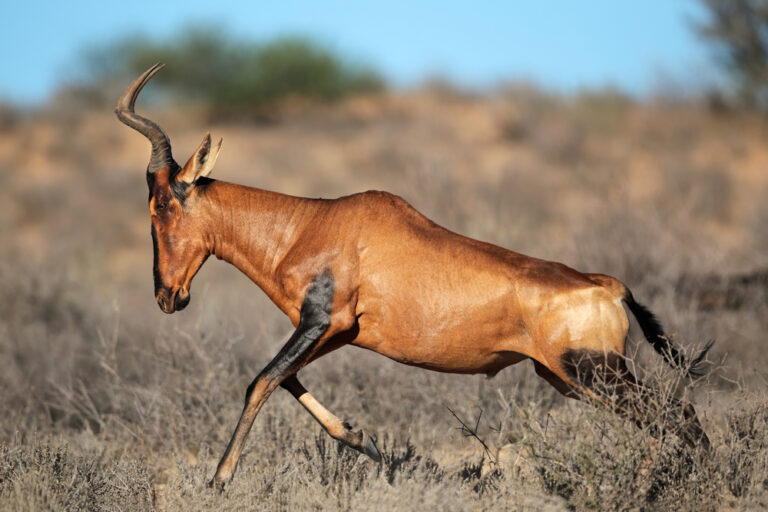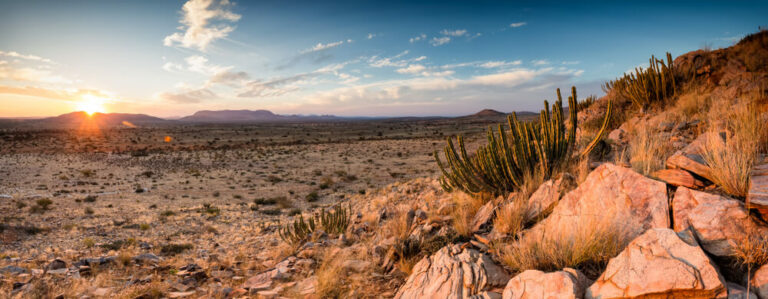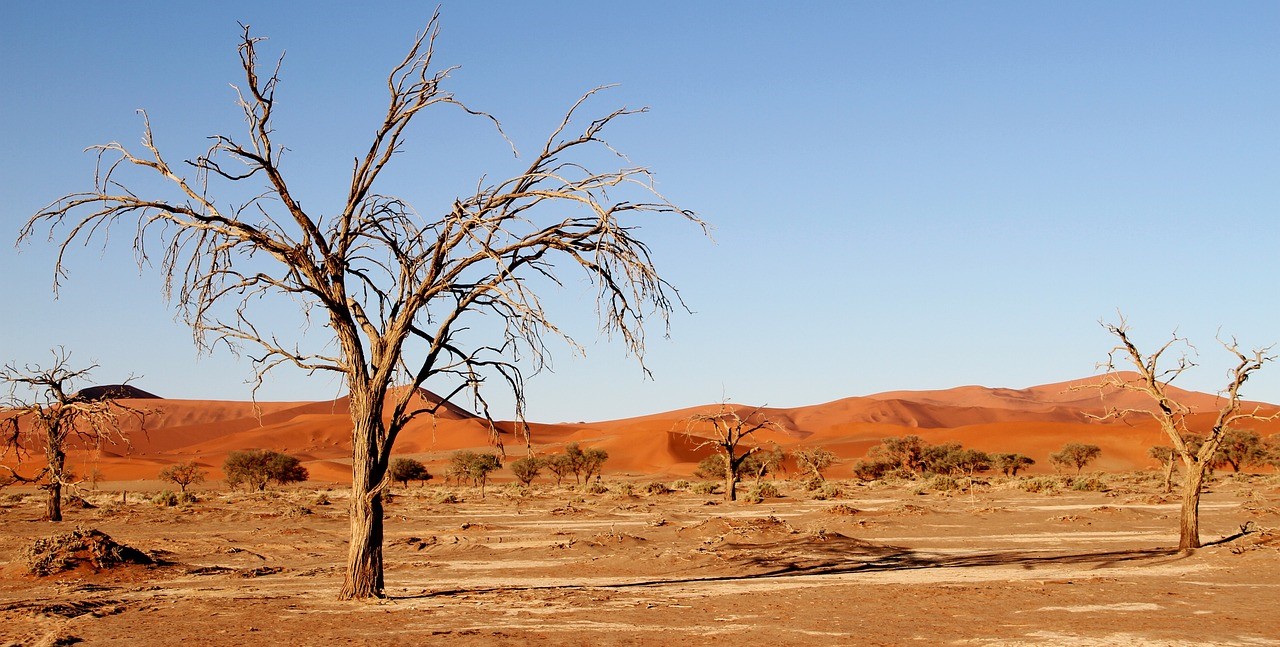Planning a hunting trip in the Kalahari is an exciting endeavour, but it’s essential to understand the costs involved. Whether you’re pursuing plains game or iconic big game species, creating a detailed budget will ensure a smooth and enjoyable experience. Here’s a guide to help you navigate Kalahari hunting prices and plan effectively.
[DYNAMIC-BLOGTABLEOFCONTENT]
Why Budgeting Is Important
The Kalahari is a prime hunting destination, offering diverse wildlife and breathtaking landscapes. However, hunting trips can become expensive without proper planning. By understanding the costs involved, you can avoid unexpected expenses and focus on enjoying the adventure.

Key Costs to Consider
When budgeting for your Kalahari hunting expedition, it’s important to account for all potential expenses. Here are the main categories:
1. Trophy Fees
Trophy fees are one of the most significant costs associated with hunting. These fees vary depending on the species you aim to hunt. Common pricing includes:
|
Species |
Estimated Trophy Fee (USD) |
|
Springbok |
$300 – $500 |
|
Gemsbok |
$800 – $1,500 |
|
Kudu |
$1,500 – $3,000 |
|
Eland |
$2,500 – $4,500 |
|
Lion |
$10,000 – $25,000 |
2. Daily Rates
Outfitters charge daily rates that cover lodging, meals, and the services of guides and trackers. These rates depend on the level of comfort provided and whether you are part of a group or hunting solo.
- Basic Camps: $200 – $400 per day
- Luxury Lodges: $500 – $1,200 per day
3. Travel Costs
Getting to the Kalahari often involves multiple forms of transport:
- International flights to major airports like Maun or Windhoek
- Transfers to the hunting area
- Travel insurance and visa fees
These expenses can range from $1,000 to $3,000, depending on your departure location and travel preferences.
4. Equipment and Gear
While some outfitters offer equipment rentals, many hunters prefer to bring their own gear. Key items include:
- Rifle and Ammunition: Expect to pay $50 – $100 per day if renting.
- Optics: High-quality binoculars and scopes are essential.
- Clothing: Neutral, lightweight clothing suitable for the desert climate.
5. Taxidermy and Trophy Shipping
Preserving and transporting your trophies adds another layer of cost. Taxidermy services range from $500 to $2,000 per animal, while shipping fees vary based on size and destination.
6. Gratuities
Tipping is customary in the hunting industry. Budget for tips for your guides, trackers, and lodge staff. A typical range is $20 – $50 per day for guides and $10 – $20 per day for other staff.

Tips for Saving Money
Hunting in the Kalahari doesn’t have to be prohibitively expensive. Here are strategies to keep costs manageable:
1. Book All-Inclusive Packages
Many outfitters offer packages that combine daily rates, trophy fees, and other amenities. These deals often provide better value than booking each component separately.
2. Travel During Off-Peak Seasons
Prices are generally lower outside the peak hunting season, which runs from May to September. Consider planning your trip during shoulder months to save money.
3. Share Expenses
Travelling with a group allows you to split costs for accommodation, transportation, and even guides. Group hunting trips are also a great way to share the experience.
4. Rent Gear Locally
If travelling with your own equipment isn’t feasible, consider renting from your outfitter. This can save on airline baggage fees and logistical hassles.
5. Compare Outfitters
Take the time to research and compare different outfitters. Look for reviews, references, and transparent pricing to ensure you’re getting the best deal without compromising quality or ethics.
The Role of Ethical Hunting in Budgeting
When budgeting for a hunting expedition, it’s crucial to factor in the ethical considerations of your trip. Reputable outfitters prioritise sustainability, conservation, and local community support. While these services may come at a higher cost, they ensure your hunting experience has a positive impact.
Benefits of Ethical Hunting
- Supports Conservation: Hunting fees fund wildlife management and anti-poaching initiatives.
- Empowers Communities: Revenue from hunting creates jobs and supports local development.
- Ensures Sustainability: Ethical practices maintain healthy wildlife populations.
Finalising Your Budget
Once you’ve accounted for all major expenses, it’s time to finalise your budget. Be sure to include a contingency fund for unexpected costs, such as additional trophy fees or travel delays.
Sample Budget Breakdown
|
Expense Category |
Estimated Cost (USD) |
|
Trophy Fees |
$2,000 – $15,000 |
|
Daily Rates (5 days) |
$1,000 – $6,000 |
|
Travel and Transfers |
$1,000 – $3,000 |
|
Equipment and Rentals |
$200 – $500 |
|
Taxidermy and Shipping |
$1,000 – $4,000 |
|
Gratuities |
$200 – $500 |
|
Total |
$5,400 – $29,000 |
Conclusion
Budgeting for a Kalahari hunting expedition requires careful planning and consideration of various factors, from trophy fees to daily rates and travel costs. By researching outfitters, taking advantage of package deals, and prioritising ethical hunting practices, you can create a memorable and responsible hunting experience. With the right preparation, your Kalahari adventure will be both rewarding and financially manageable.
